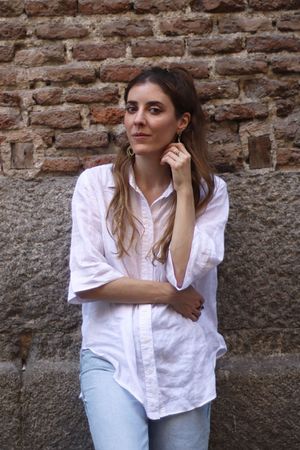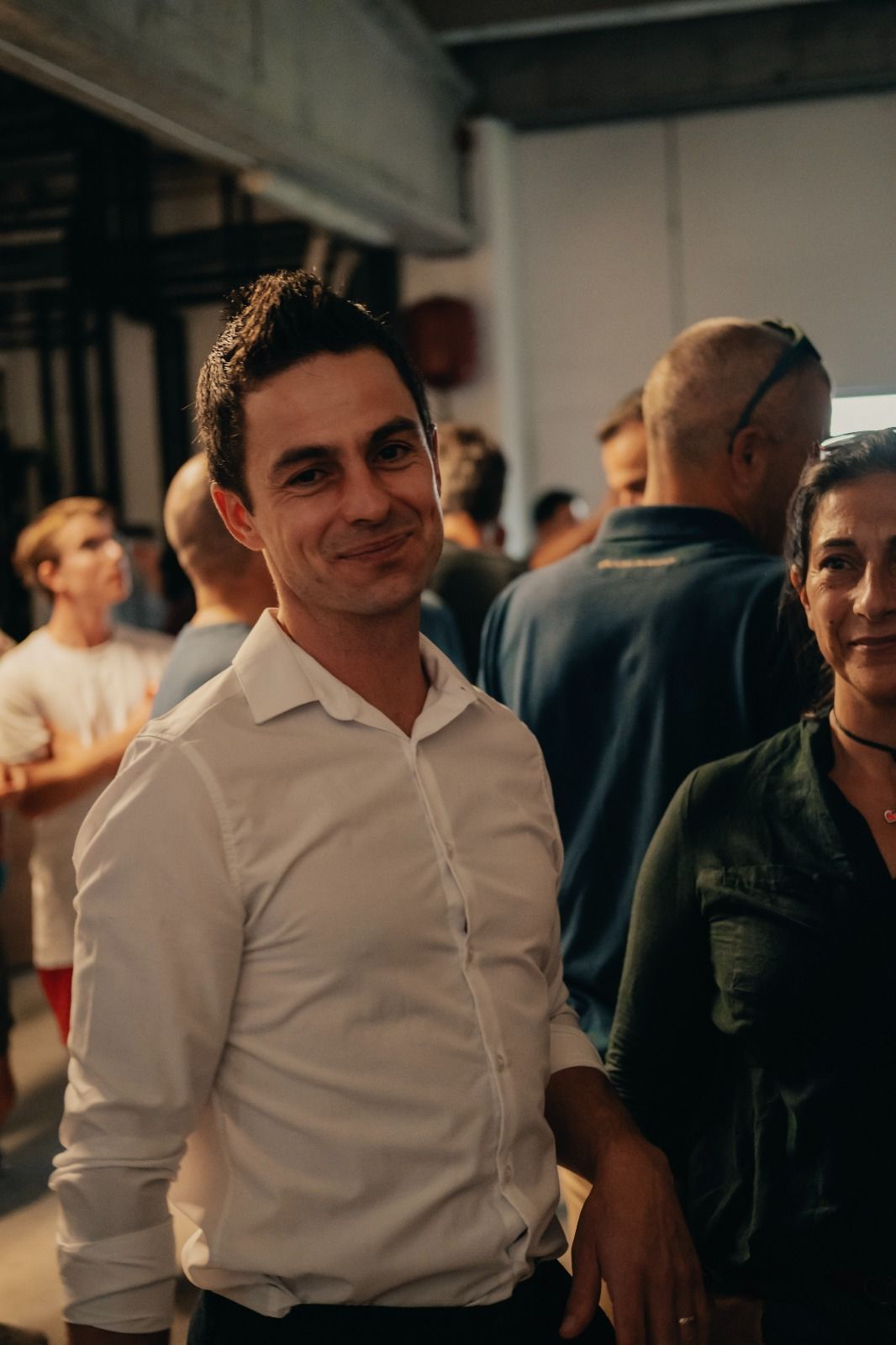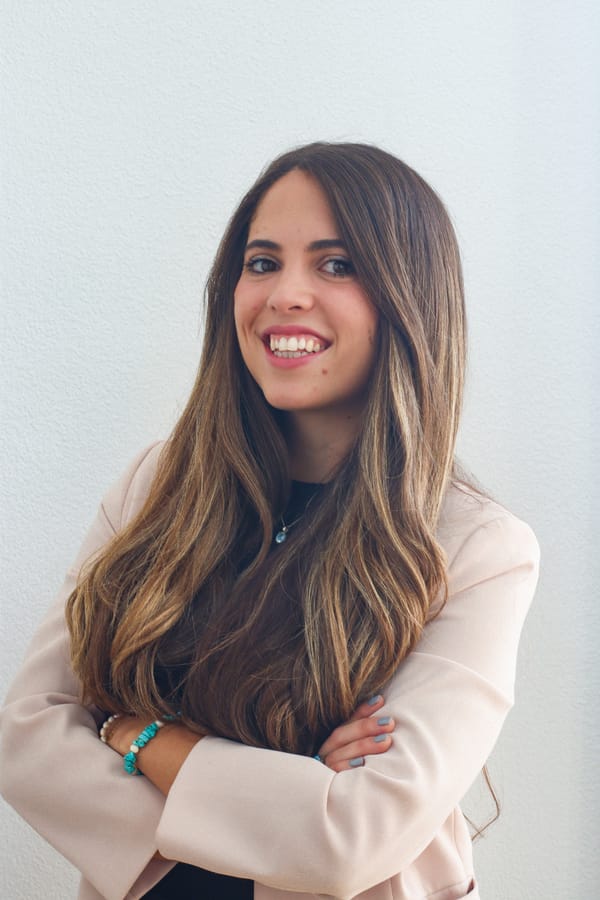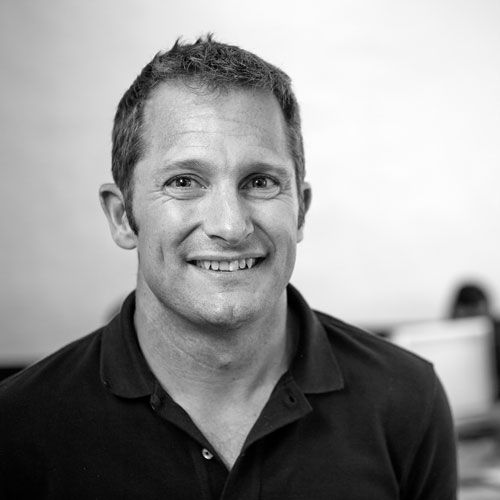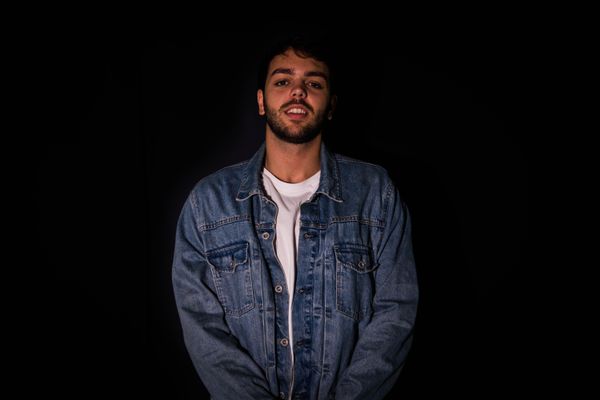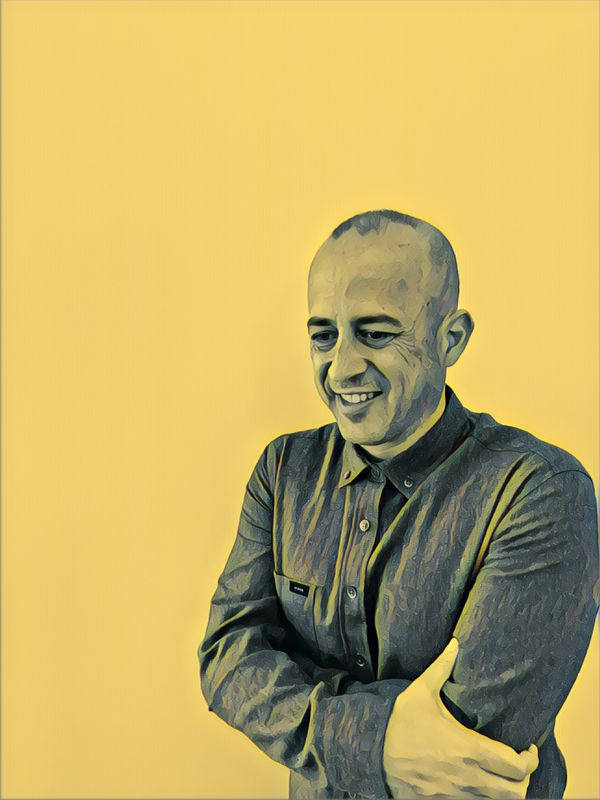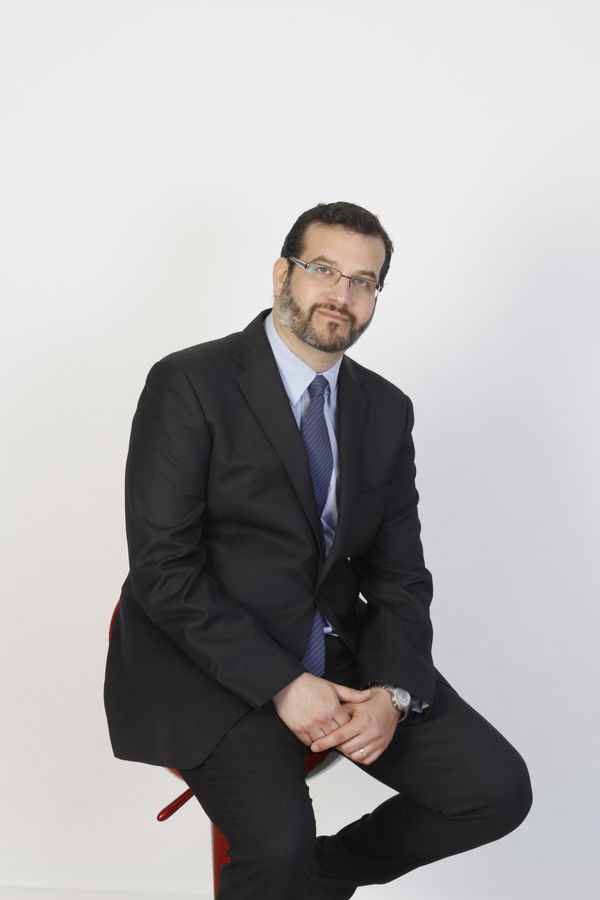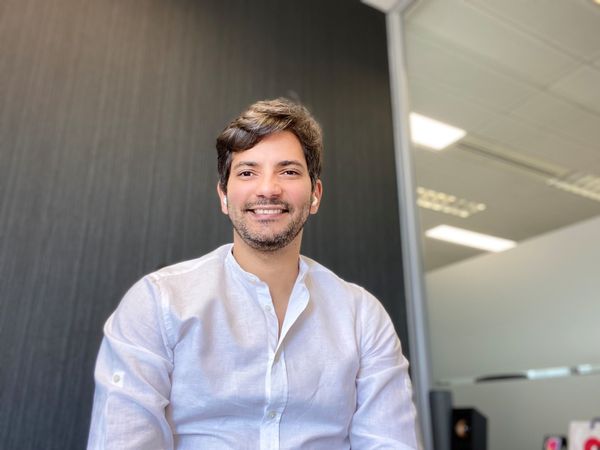Girona, Spain
In a world where the pressures of everyday life can often weigh us down, discovering a way to reconnect with ourselves becomes a fundamental pursuit. For Lee Comerford and Louise Laker, cycling has always provided a grounding escape — a means to venture to new places, make meaningful connections, and have fun.
Originally from England, the couple is the driving force behind Eat Sleep Cycle, an enterprise bringing people together through the experience of cycling. Apart from organizing cycling tours in various destinations worldwide, Lee and Louise also operate cycling hubs in the Spanish cities of Girona and Málaga. Whether joining one of their tours, browsing their collection of bikes, accessories, and apparel, renting a bike, having yours serviced in their workshop, or simply unwinding with a cup of coffee, riders of all backgrounds can find what they need on their journey.
While their relocation to Spain was motivated by their passion for cycling, setting up a business around their hobby was not in their plans. Eat Sleep Cycle originally started as a personal blog but swiftly evolved into the multifaceted company and brand it is today.
Working for "The Man"
Eat Sleep Cycle is Lee Comerford's first business venture, but it's safe to say that he's always had it in him. Growing up in a working-class family, he was no stranger to the value of hard work and, as a child, he was constantly looking for ways to earn pocket money: "In my blazer, I would have sweets, and I would buy them for 10 pence and sell them. I was always quite entrepreneurial. I also went around to clean cars."
But his entrepreneurial instincts took a backseat as he went to college, where he dove straight into a successful career as a mechanical engineer: "I think I almost got lost because that really wasn't me as a person. I'm more creative. But I really went down the career path, and I went full gas down."
His job took him to diverse corners of the world, from South America to California and even China. Though he managed big projects and teams, there was a strong urge for change: "At some point in my late twenties, I realized that I'm just working for the man here. And I just felt like I needed to do something for myself."
Lee was at a crossroads: either remain a cog in the wheel or take the risk — abandon corporate life in exchange for a path that allowed him to make his mark on the world. So he took a bold step, moving back in with his parents in London and leaving behind the comfort of a thriving corporate career to face the reality of starting over with no clear road ahead. Moving back home as an adult is never easy, but London became a familiar space for him to navigate uncertainty and reshape his future. In this quest for purpose, he delved into a newfound passion for sustainability and the environment, dedicating himself to charity work.
Relinquishing a life of economic and professional stability was a risky move, but the decision marked a significant turning point in Lee's life. During his stint at home, he met his wife, Louise, with whom he shared a passion for cycling. While Louise aspired to be a professional cyclist, Lee grew weary of London's cycling scene. As they contemplated their next move, they embarked on a quest to find a place where cycling culture thrived. California, South America, Nice, and Girona were a few of the options they considered. Ultimately, Girona, Spain, offered the perfect balance between a vibrant cycling community, quality of life, and close proximity to loved ones. Lee ventured to the city for a job interview, and with an offer in hand, the couple embarked on a new chapter.
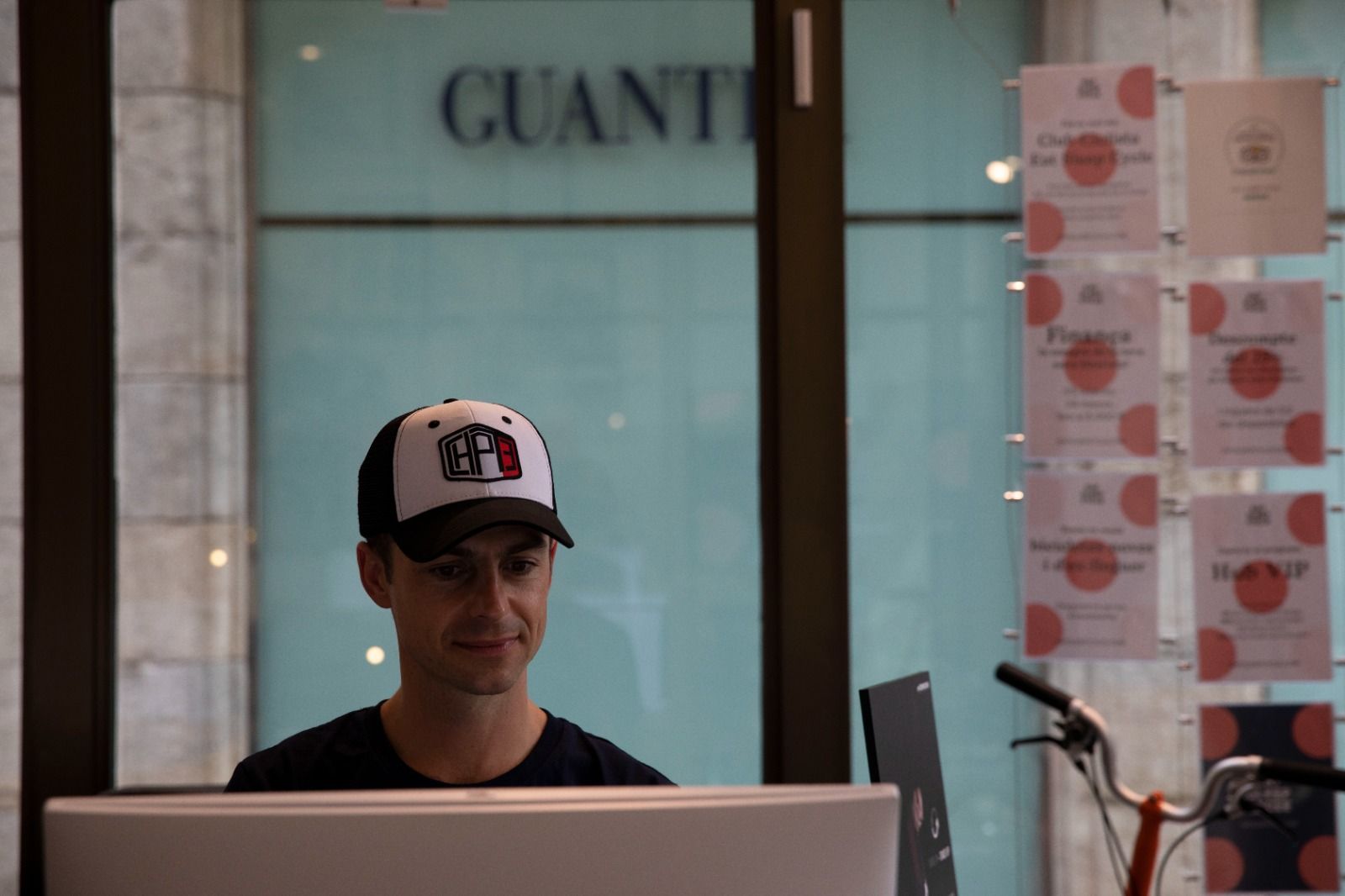
From blog to business
Eat Sleep Cycle initially started as a blog, serving as a platform to document the couple's adventures in Girona, the races they attended, the people they encountered, and the experiences that unfolded along the way. Their stories quickly garnered a following, and Lee and Louise saw great potential in this surge of interest.
"There was only one or two other businesses here at the time. And we just saw an opportunity to do things differently and better. You don't always have to reinvent the wheel. In our instance, we didn't. We started doing bike hire and cycling tours," says Lee.
Still carrying debt from his years of volunteering in London, he found himself with no savings to rely on but decided to take another leap of faith: "With a couple of credit cards — because we still had UK credit cards — we bought seven bikes. And that was the start."
The year was 2016. As is common in new entrepreneurial ventures, Lee took on various roles during the beginnings of Eat Sleep Cycle. "I've done everything in our business: I've cleaned bikes, I've been the mechanic, I've been the tour guide, have driven the vans, I've done finances on my own, I've done core sales on my own, I've done every part of my business, which is fantastic when you're growing a business because you understand how to manage the people that are doing those roles."
Then came their first shop, a small, thirty square meter space. The deposit for the building was paid by a generous tip from one of their guests, an American couple they had guided through the Pyrenees who insisted they should set up a physical presence.
Today, Lee reflects on what it's like working with his team at Eat Sleep Cycle, which is approaching forty people: "We're really lucky we have some amazing people that love what they do, and I think that's what really makes our business special because that comes through in the reviews."
Lee is in charge of operations, finance, and the retail side of the business; Louise runs the tour business, managing the team responsible for sales, planning, and execution while also handling marketing, branding, and creative tasks.
Eat Sleep Cycle's tours are operated with local collaboration and inspired by guest suggestions and recommendations from their staff members. Lee and Louise thoroughly inspect the roads, documenting every detail before creating the experiences: "Most of my holidays are to new destinations. I think that's why, personally, we really want to focus on our tours business, because we love traveling and cycling in new places. It gives us the opportunity to go and explore these new places and sell tours there so that when we talk to guests about it, we're really passionate about it."
No major investors or business incubators fueled the growth of Eat Sleep Cycle during its early years. Instead, the power of word-of-mouth, personal connections, and a deep passion for their work truly set them apart, contributing to their early business growth.
"It was just... we loved what we did. And we carried on doing what we loved. And our customers were telling us, 'Look, you're good at this, you're great at this, you should do this, you should do that.' So it grew organically for the first three [to] four years."
Adapting to a global crisis
And then came 2020. Eat Sleep Cycle "...lost a million euros in two weeks. 2020 was going to be a huge year... We had guaranteed to double our cycling tours business, so it was going to be a huge year to develop new trips in new countries and things like that. And we lost it all literally in two weeks."
A self-proclaimed optimist, Lee persevered and devised strategies to diversify services and stay afloat, like offering taxi transfers to the airport and selling their old rental bikes. Around this time, he realized that retail had the most potential for future growth, so he decided to change the business's focus. He contacted suppliers, secured bikes on credit, and collaborated with brands. Within two years, the retail side of their business expanded twentyfold.
In 2021, the café next to their Girona hub closed its doors. Lee and Louise seized the opportunity, launching a crowdfunding campaign targeting loyal customers, locals, and people abroad who knew them. They raised 30,000 euros and managed to buy the café.
"I have to say, crowdfunding is the best way to raise funds for an entrepreneur. If you already have a strong customer base, it's the best way to engage them. In our cafe, we've got a huge sign with all the names of the people who invested in the business, and now when they come to Girona, they see their names there. They say, 'I helped you guys create this.' You're creating loyal customers, and it's also the best way to find new customers because the crowdfunding platforms promote your campaign."
As a result of their crowdfunding success, Lee and Louise also secured investors for the first time. In 2022, they sold 14% of the business. Eat Sleep Cycle survived the pandemic and grew exponentially, now positioned as one of Spain's most-referenced bike tour companies.
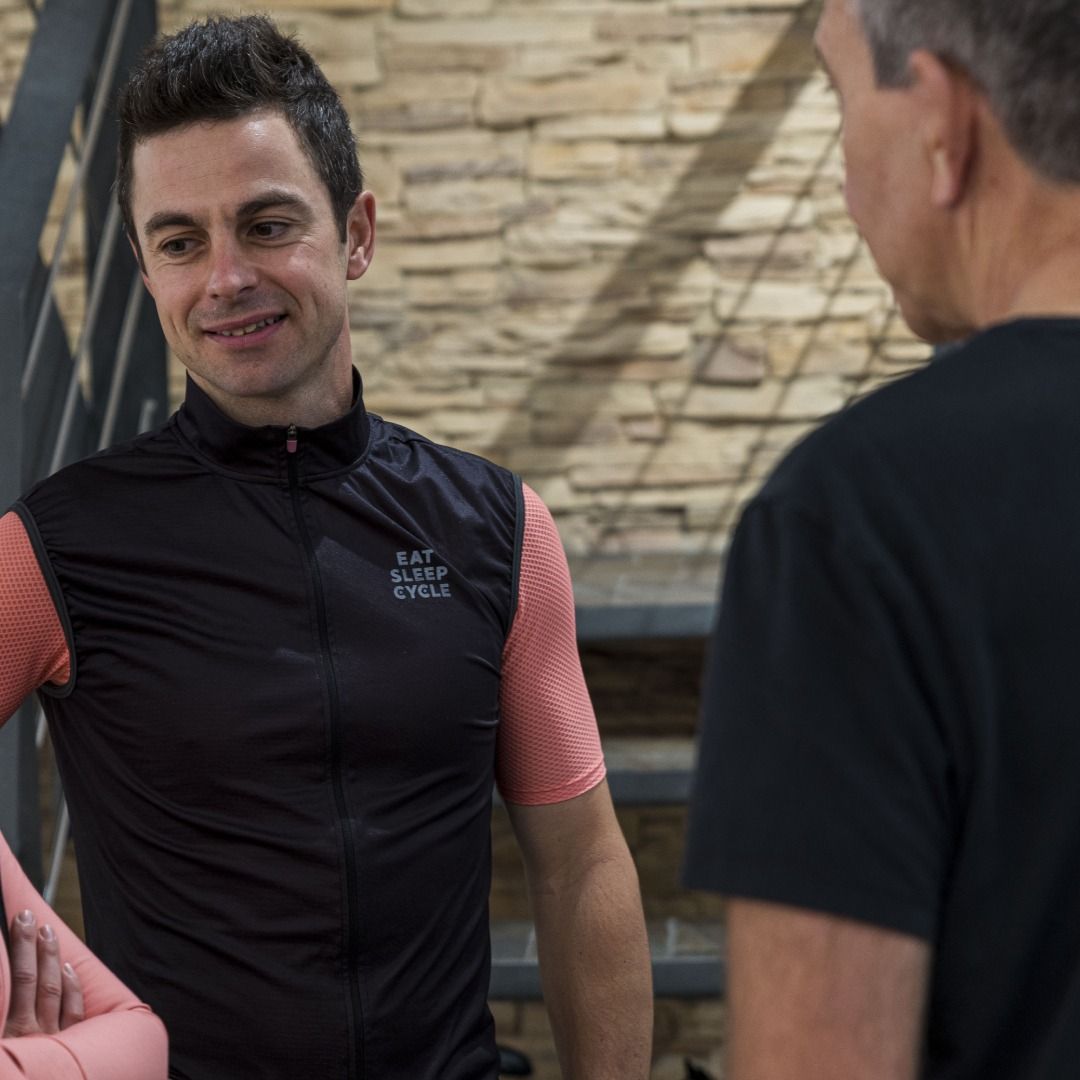
Keeping it personal
Apart from a clear passion for what they do, empowering the local community and encouraging links between cyclists is deeply ingrained in Eat Sleep Cycle's DNA. But running a brick-and-mortar business comes with unique challenges.
For Lee, one of them is marketing — understanding its various applications and assembling the right team of specialists. Their business, specifically, has a diverse range of target customer bases; the target customer for their cafe in Girona or their Málaga cycling hub is not the same as the target customer for their tours. This makes segmentation crucial, and deciding how to allocate their investments often proves difficult. "You might want to invest in other places, but you have to invest where you make money. And I think that's the hardest thing about being an entrepreneur; you might want to do something, but you can't because you're not making money," says Lee.
Despite the inherent challenges of running this type of business, Lee is committed to celebrating cycling as a way of life: "We've been told many times that we should close off physical premises, that we should not run our cafe because these things don't make that much money. But for us, it's so important for the community and our brand. You might get a purist focused on margin and money, who would take everything physical away and say, 'Well, I've saved some money.' But for me, that's taking my business away; that's taking our soul away."
Lee opted for an omnichannel approach to counteract these challenges and ensure profitability. In addition to their physical premises, they have an online shop. However, instead of engaging in the online game of discounts and price battles, they prioritize offering a premium service with added value, such as bike purchases paired with in-person fittings.
For Lee, in omnichannel lies the future for the best brands: "At least the cycling brands, they really love Eat Sleep Cycle, and they love our physical contact with the customer because the online battle is only on price, and no one wants to be there because you're just cutting your margin and fighting on price, and that's a downward slope. So they look for businesses like ours, which have physical contact with the customer — quality contact — especially when they can test the product before they buy it. Then we have special relationships with them. It's harder and takes longer, but once you've done it, it's more rewarding."
A shared vision
After successfully pivoting during COVID times, Lee's refocused on cycling tours. It's his way to stay connected to his interests and provide others with the same freedom he experiences on two wheels, regardless of skill level or background. Looking ahead, he reflects on his plans to get more involved with this side of the business: "You find that as an entrepreneur, you get bored quickly. But you can't just change your business every time you get bored. So, you change what you're doing in your business."
Through their shared vision, Lee and Louise break down barriers by exploring the world on bicycles. As their business continues to expand and explore new destinations, their passion for cycling and their desire to share it with others remain at the heart of what they do. And the spark that ignited their interest in entrepreneurship still fuels Eat Sleep Cycle today.
"If you are passionate about it or believe in it, then you should do it. Even if it's already been done, or even if someone else is doing it, you can do it better, you can do it bigger, you can do it differently."
For this husband-and-wife team, cycling is a great equalizer — when people come together for a ride, identities under the helmet become irrelevant. A cyclist is free from gender, race, sexuality, status, beliefs, or cultural background. On a bike, it doesn't matter who you are or where you come from. All that matters is the joy of the ride.
